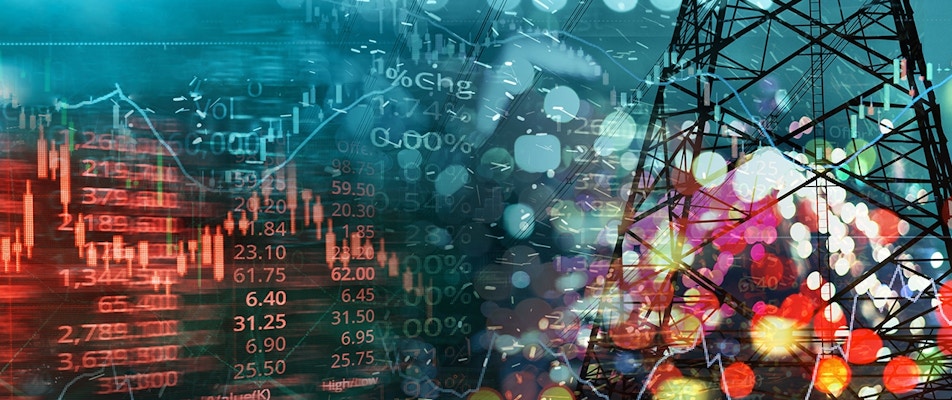

On 9 December the Federal Government announced it would impose wholesale price caps of $12 a gigajoule for gas and $125 a tonne for coal. These price caps are temporary and will stay in place for 12 months.
For context, at the time of writing (12:00 pm 14 December), the spot price for gas in Adelaide was $13.46 a gigajoule and the spot price for coal was around $405 a tonne on the Newcastle Coal futures.
This intervention in the energy market is spurned by October’s budget forecast of a 56% electricity price hike this financial year and the next. Retail gas prices were expected to rise by 20% a year for this financial year and the next. The government expects their intervention will reduce to 18% this year and around 4% in 2023 – 24.
The intervention also includes a $1.5b distribution of funds to the states to ease the burden of higher bills for disadvantaged homes and businesses. In the long term, the government will seek to introduce a mandatory code of conduct, which will include a provision for producers to sell gas at a reasonable price. It will also provide further resourcing for the Australian Consumer and Competition Commission to monitor the gas market and implement the new code.
To do this the government is recalling parliament this week. The intervention saw a rushed industry consultation finishing on 15 December, six days after the announcement.
In the long run, market intervention is never a fix and does little to address the underlying issues. Russia’s invasion of Ukraine caused reduced worldwide supply shortages, after sanctions were imposed on Russia, a major gas exporter. Economic theory stipulates that price caps are not beneficial in the long term and could risk future supply and investment. This was also a message strongly communicated by the gas industry throughout this week. Unfortunately, future supply will need to be secured for manufacturers and the continuing need for gas generators.
Another issue is how it impacts our export partners – mainly Japan, South Korea and China – who rely heavily on Australian gas to power and heat their countries through winter. Japan in particular will be keeping a close eye on the gas market, as it relies on Australia for half its gas imports.
We know the South Australian Business Chamber members who use a lot of gas will experience some relief from the high cost of gas and energy. South Australia relies very little on coal to meet its energy demands as 68% of our demand is met by wind and solar, with the balance met by gas generators.
What has occurred over the last year demonstrates the need for Australia to have a coherent strategy and plan for the energy transition. Energy is key for any modern economy. Industry needs the certainty of secure and affordable energy to continue doing business.
We are keen to talk to any businesses experiencing high electricity and gas costs. Please get in touch with the Policy and Advocacy team through Jordan.smith@business-sa.com or call 8300 0000 or 08 8300 0088.